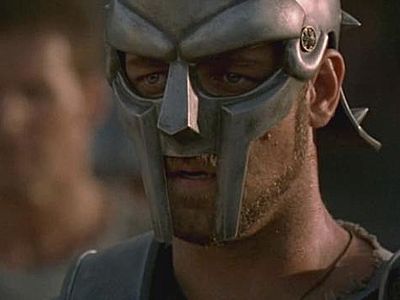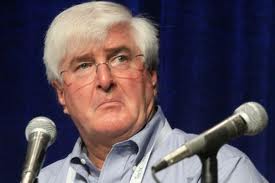This is part of my Series on Entrepreneurial Culture.
The leading dramatis personae of the early-stage tech ecosystem are well established by now in the mainstream collective consciousness. High-tech wunderkind entrepreneurs are of course the most recognizable of the various archetypes, but nowadays once obscure protagonists with strange appellations such as hacker, combinator, seed-stage VC and angel no longer generate quizzical looks and raised eyebrows when others point them out at cocktail parties or gush about them in the mainstream press. The newest hero/villain cast member is of course the so-called “superangel” who one immediately associates with Silicon Valley Olympians such as Ron Conway, Jeff Clavier, Aydin Senkut, Keith Rabois, Chris Sacca, Dave McClure, Mike Maples and others. If the production were an opera, these men would certainly be the tenors and would be seen furiously making out checks by the hundred to web-native entrepreneurs, enjoying great feasts (sometimes replete with petty human dramas) at restaurants like Bin 38, and occasionally hurling lightning bolts at one another in fits of pique, (or thunderous indigestion).
There remains, however, another sort of actor altogether in this early stage landscape of ours. He dwells far from this rarefied air and his profile is yet obscured and shrouded from public view. In the aforementioned operatic production, he would most certainly play the the phantom. And what is it that he does? Ensconced in dank subterranean forges these Hephaestus-like practitioners hammer-out out from the mute schist of their environments the vaguest and earliest impressions of ideas and technologies some of which will one day appear as these same companies that superangels will foist with lavish checks. Yet the work of these shadowy figures is so nascent as to sometimes resemble the proverbial cave-art of our most ancient forbears.
I am one such troglodyte.
Another appellation is of course, “Incubator”. Or, as I thought I heard Russell Crowe say to the very Emperor’s face at the center of the gladatorial arena:
“I Am Incubator”
Among my brethren and sistren in incubation I count the folks working at places like idealab, betaworks, alleycorp, as well as certain current and former university venture lab specialists I hold in high esteem. These modern-day alchemists are constantly mixing, tweaking, stirring and coalescing the incipient ideas, technologies, nascent teams and pre-seed capital that form the raw ingredients of what they hope will become valuable companies one day.
In this mini-series I will be shining a light on the sorts of activities with which we are engaged. I’ll be sharing some lessons learned from my own entrepreneurial life, which, between my solo ventures and work within Columbia University, has led to the incubation of a few dozen companies by now. But I’ll mainly be drawing from conversations I'll be having with some of the real heavyweights in this field who have achieved great things and have some remarkable stories to share.
With this said, I shall now retreat to my lair from whence I shall write my next piece. :)
For Part 27 in in this Series, click here


